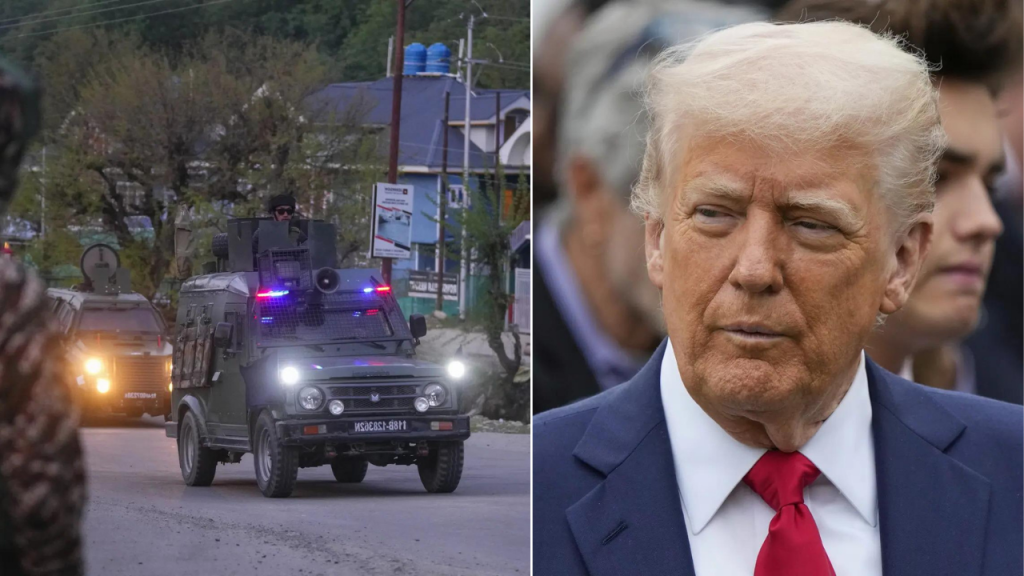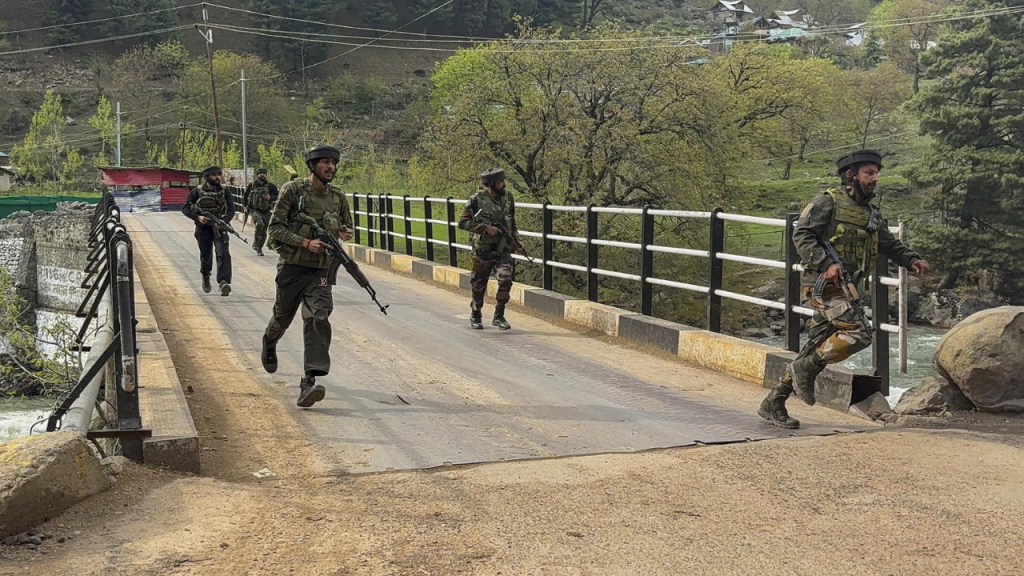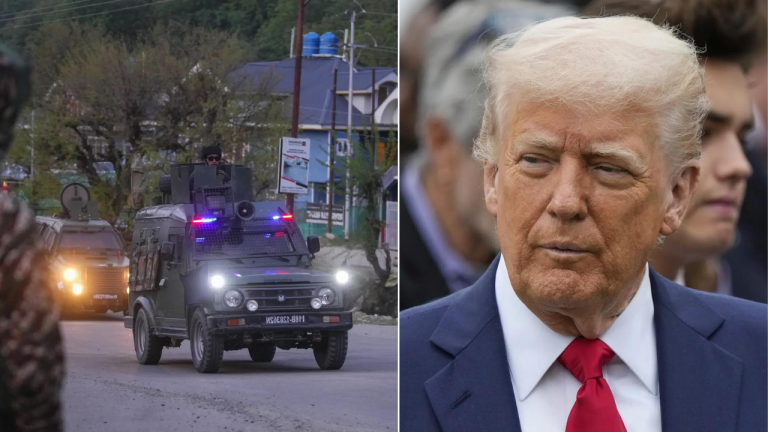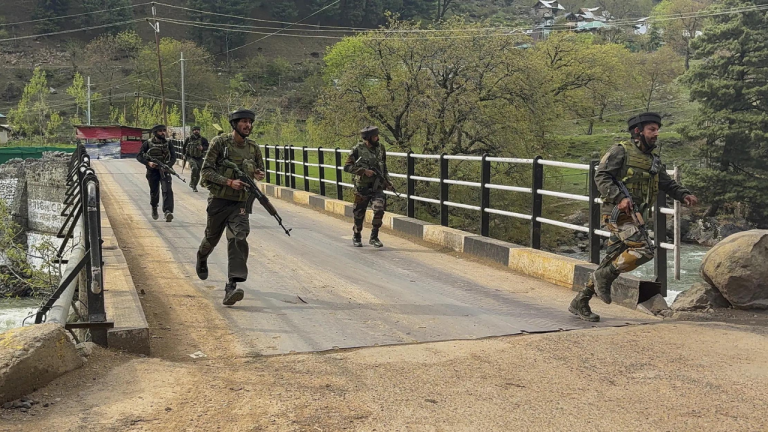After the fall of the Soviet Union, Ukraine inherited a significant nuclear stockpile. Despite possessing these nuclear weapons, Ukraine decided to give them up due to financial constraints and geopolitical risks. The 1994 Budapest Memorandum pledged security assurances, but they were not honored when Russia annexed Crimea and backed separatists in Ukraine. The current Russia-Ukraine conflict underscores the security vulnerabilities Ukraine faces without nuclear deterrence. The decision to disarm has left Ukraine exposed to external threats, raising concerns about its national security. The country’s reliance on international alliances and support has been put to the test, emphasizing the importance of having a robust defense strategy. As Ukraine navigates through this challenging geopolitical landscape, the debate on nuclear disarmament and its implications continues to be a topic of discussion. The repercussions of Ukraine’s disarmament serve as a cautionary tale for other nations considering similar actions. The need for a comprehensive security framework and the ability to protect national interests are crucial lessons that can be drawn from Ukraine’s experience. In a rapidly evolving global security environment, Ukraine’s situation serves as a reminder of the complex dynamics at play and the importance of strategic decision-making in safeguarding a nation’s sovereignty and territorial integrity.
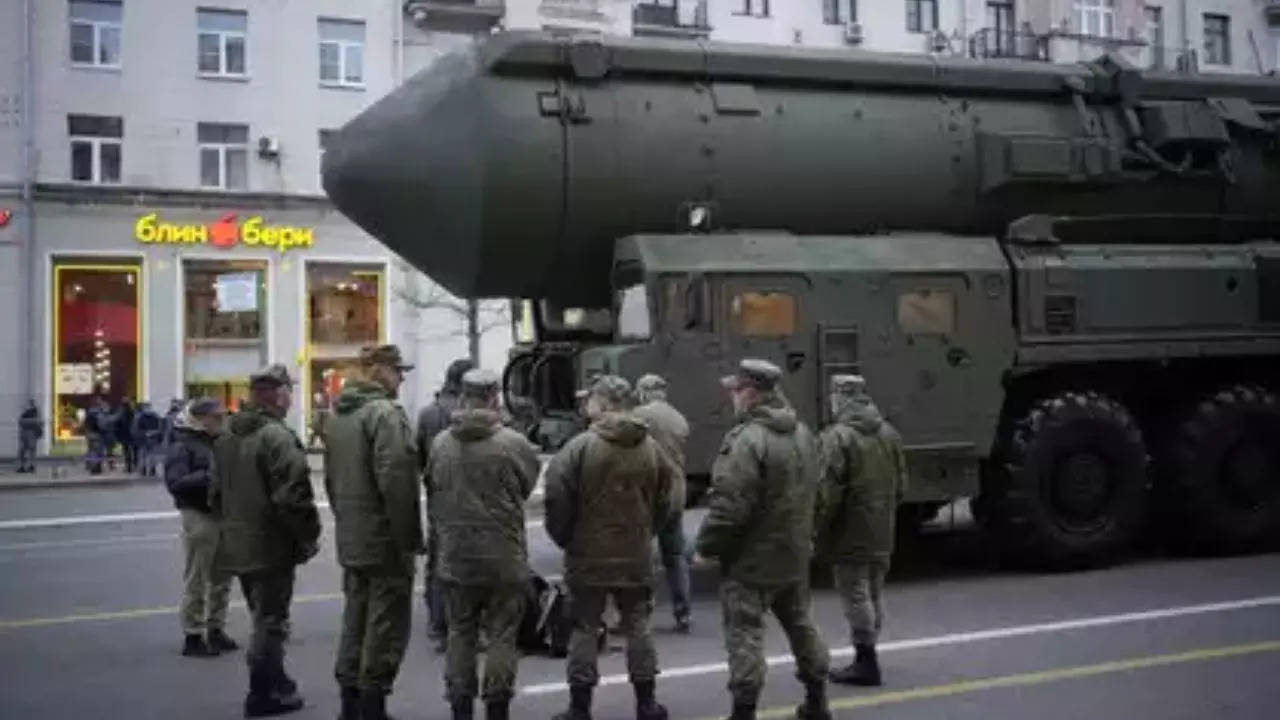
Posted in
JUST IN
Ukraine’s Post-Soviet Nuclear Decision Haunts Security Amid Russia Conflict, Budapest Memorandum’s Broken Promises
In Trend








